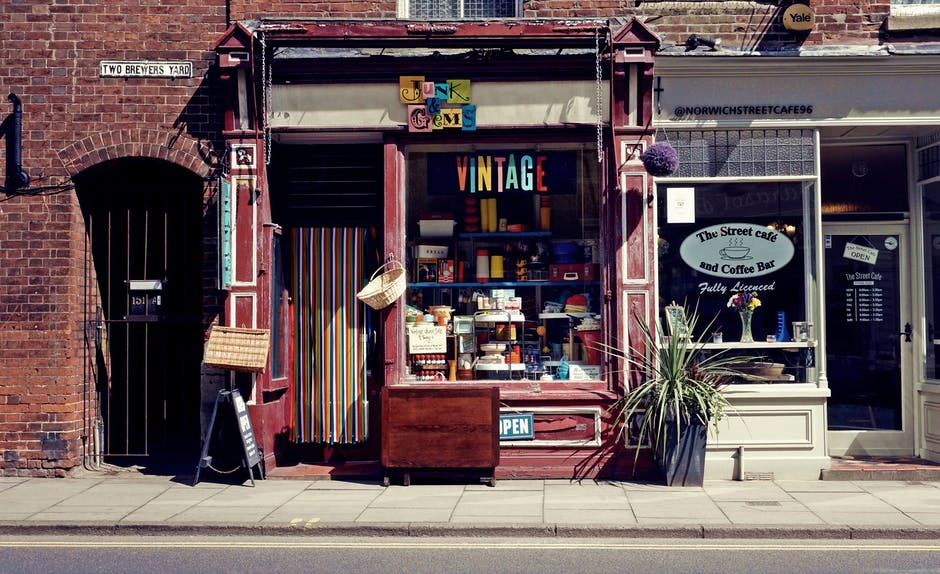
Facebook has a feature that allows you to generate local pages for your physical locations on its search engine: Facebook Places. Each establishment can benefit from a “place” type page to highlight its local information (address, opening hours, contact details, promotions, specific local content, etc.).
The social network is, therefore, no exception to the rule and has aligned itself with the trend of “local”, which is “en-vogue” among consumers in recent years.
As a network of retailers, there are many ways to operate on Facebook. Either there is a main company page and independent places pages or the local pages are connected to the company page. The second option is the “places” functionality, the one that interests us.
1. The Advantages of Facebook Places
- Group impressions (visits) locally on the main page.
- Automatically generate a Store Locator and allow users to locate establishments on a map from the main page.
- Offer localized content or decide on which local pages to distribute the same publication.
- Position Facebook pages correctly in search results: With the evolution of Search, Facebook is used more and more for local requests, especially by younger people. At the same time, we see a considerable increase in the number of local searches via voice control. In this context, if you ask a voice assistant for “the best brunch spots in Calgary” and the “OEB” locations do not have local pages on Facebook, then they will not be stated.
- Set up geolocated advertising adapted to each location.
In terms of use, there are several possibilities to manage the Facebook places pages: within the brand’s Facebook account, via an agency, via a platform such as Mobilosoft (by connecting it to the application).
2. Simplified Management of Local Facebook Pages
Implementing and managing the local Facebook pages of a location network can be tedious depending on its size. But appropriate tools are created to deal with this problem.
For example, Mobilosoft is continuously developing its platform to manage local data for Facebook and other web media (Google My Business in particular): publish posts, manage local reviews, update basic information on locations, etc.
Via this tool, it is also possible to define a management mode appropriate to the internal functioning of the company and that of the physical brands. For example, establishments in a chosen area could respond to bad customer reviews (1 to 2 stars) posted on their Facebook page. Centralized, decentralized, outsourced, or mixed management, we can discuss it!